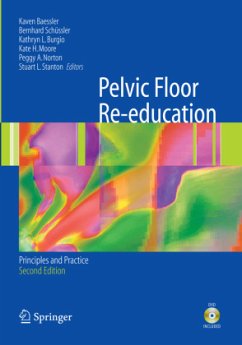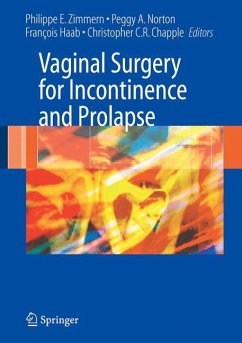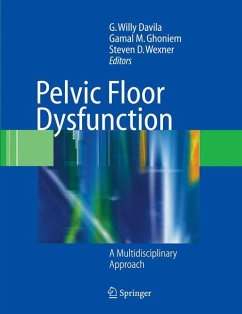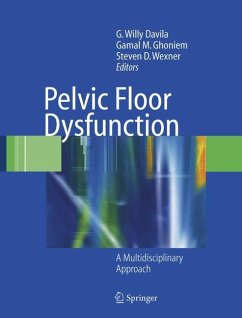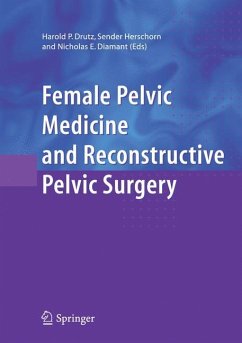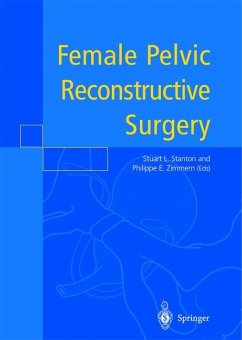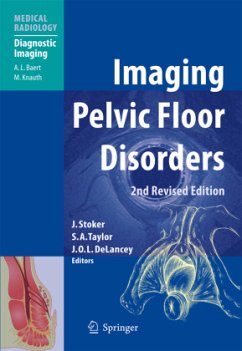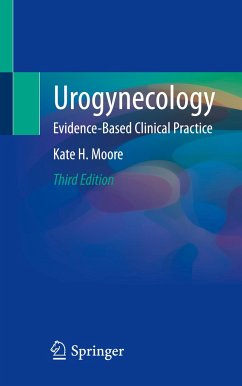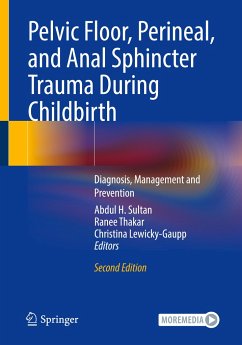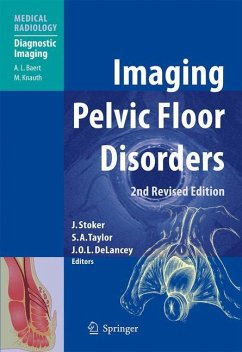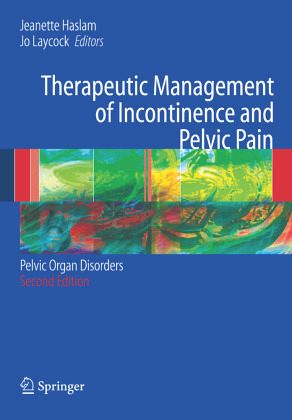
Therapeutic Management of Incontinence and Pelvic Pain
Pelvic Organ Disorders
Herausgegeben: Haslam, J.; Laycock, J.

PAYBACK Punkte
53 °P sammeln!
Chapters in this 2nd revised edition cover the management and treatment of bladder and bowel dysfunctions in men and women, pelvic organ prolapse; issues concerning the elderly, neurologically impaired patients and those with pelvic pain. Allied updated chapters are on research methodology, the importance of fluids and infection control. New chapters cover quality of life, treatment of bladder and bowel dysfunction in children, the history of pelvic floor muscle exercise and manual therapy. The use of real-time ultrasound to evaluate pelvic floor muscle contractility, exercise balls to promote...
Chapters in this 2nd revised edition cover the management and treatment of bladder and bowel dysfunctions in men and women, pelvic organ prolapse; issues concerning the elderly, neurologically impaired patients and those with pelvic pain. Allied updated chapters are on research methodology, the importance of fluids and infection control. New chapters cover quality of life, treatment of bladder and bowel dysfunction in children, the history of pelvic floor muscle exercise and manual therapy. The use of real-time ultrasound to evaluate pelvic floor muscle contractility, exercise balls to promote coordination of trunk stabilisers and the pelvic floor muscles, and the role of the Occupational Therapist are discussed, completed with a new section on ethical issues in the management of incontinence.
Mainly written for physiotherapists, it is also a useful reference and practical guide for all health professionals dealing with incontinence and pelvic floor disorders, including urologists, gynecologists and GPs.
Mainly written for physiotherapists, it is also a useful reference and practical guide for all health professionals dealing with incontinence and pelvic floor disorders, including urologists, gynecologists and GPs.





